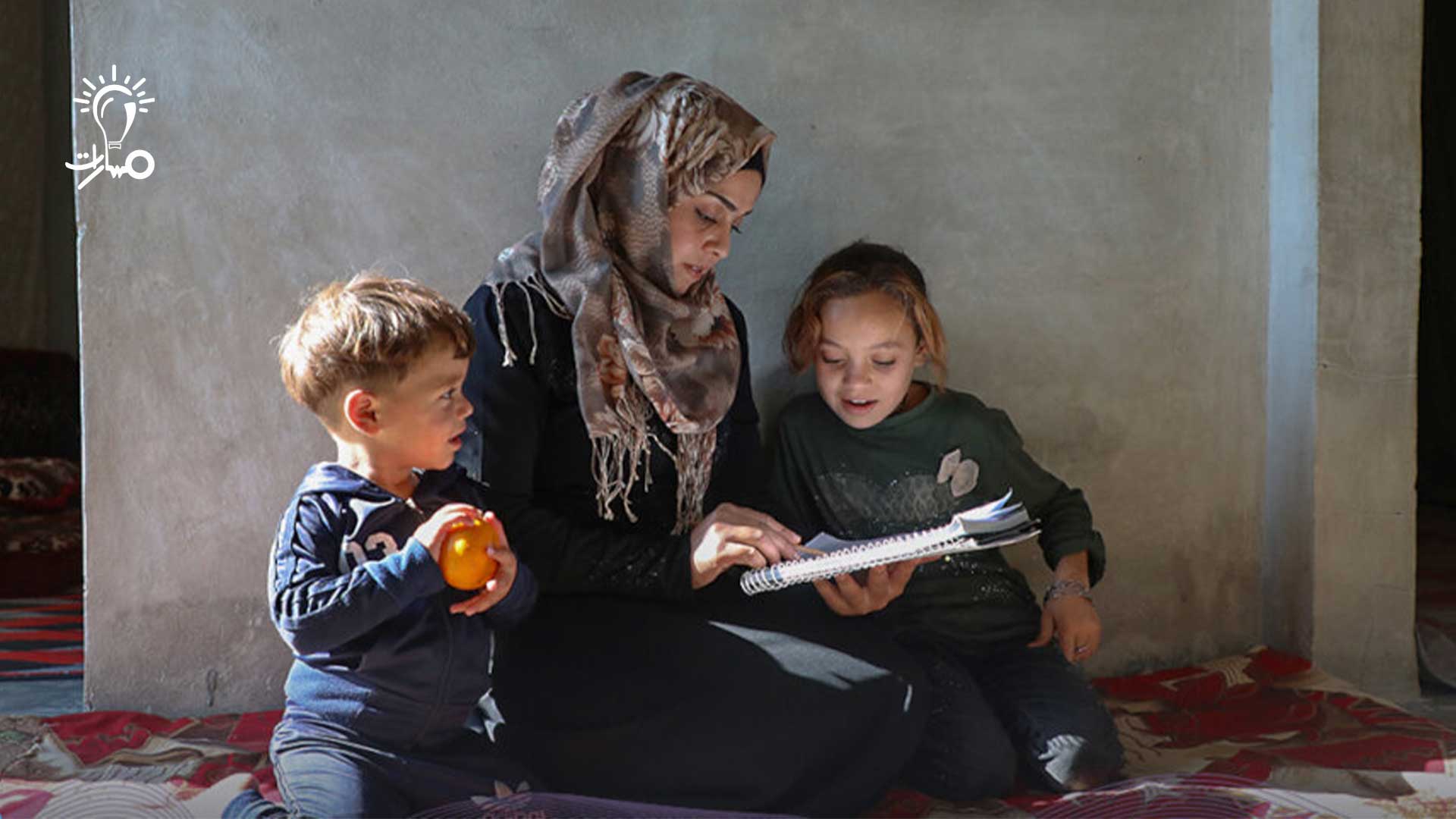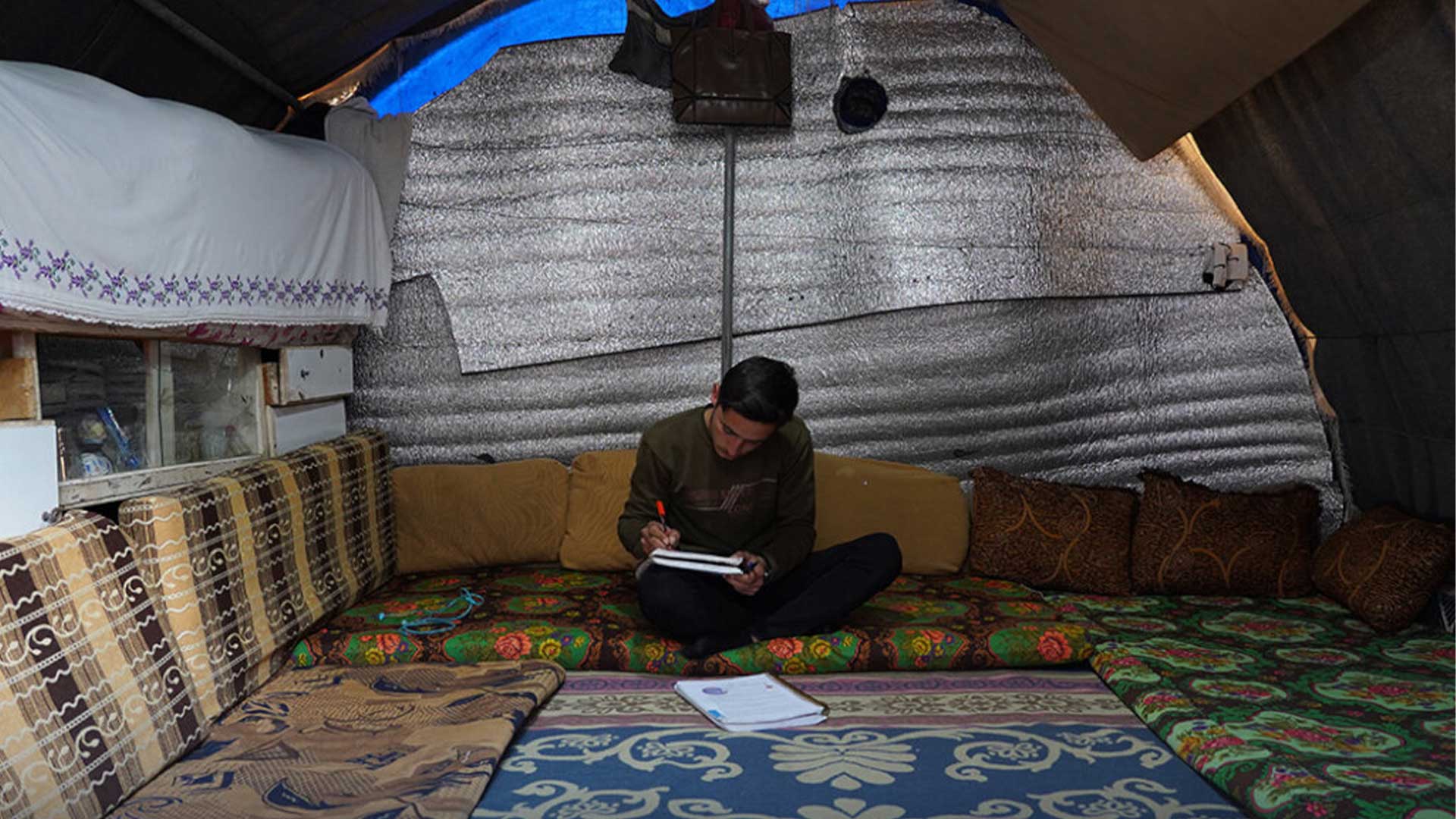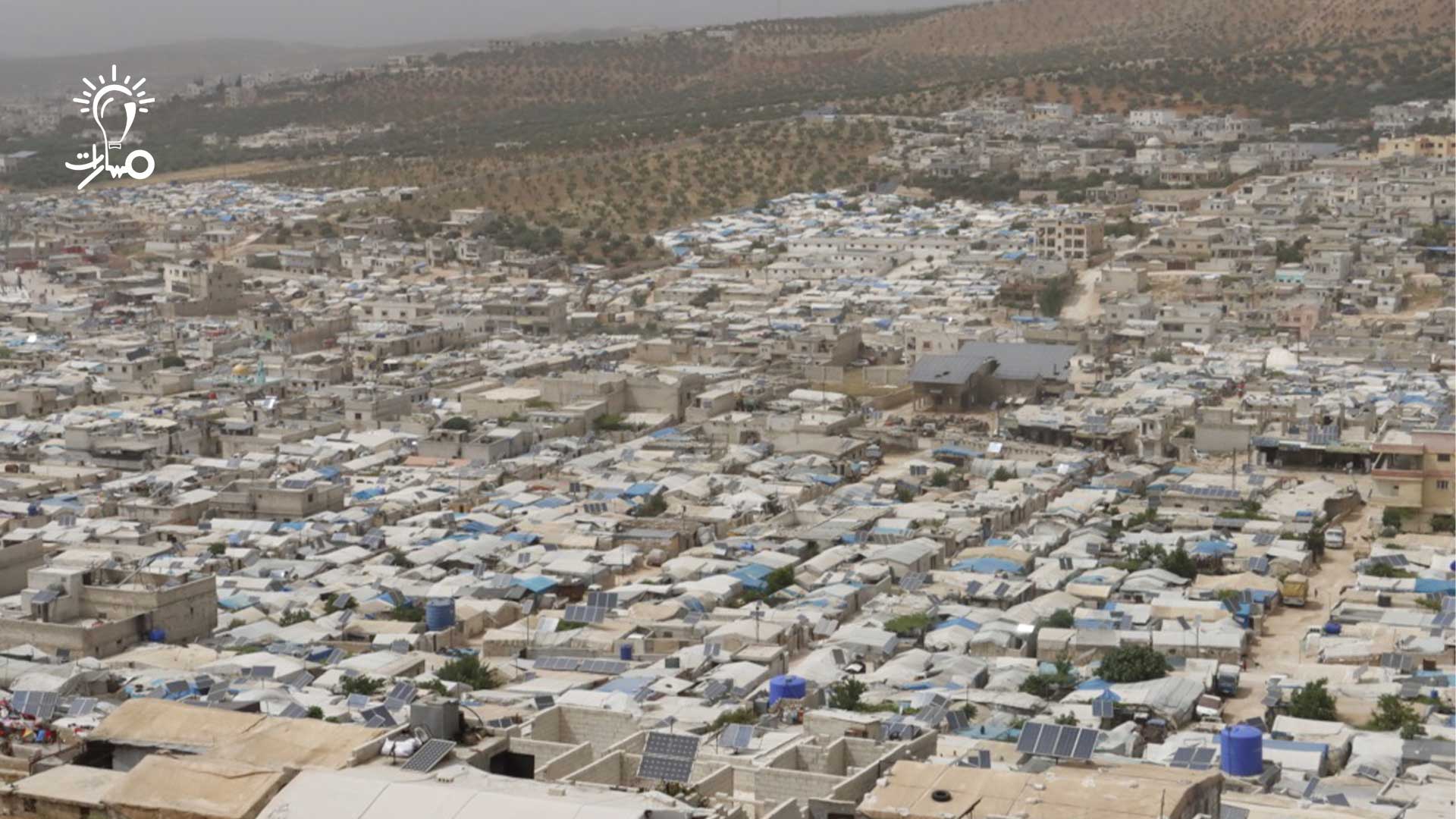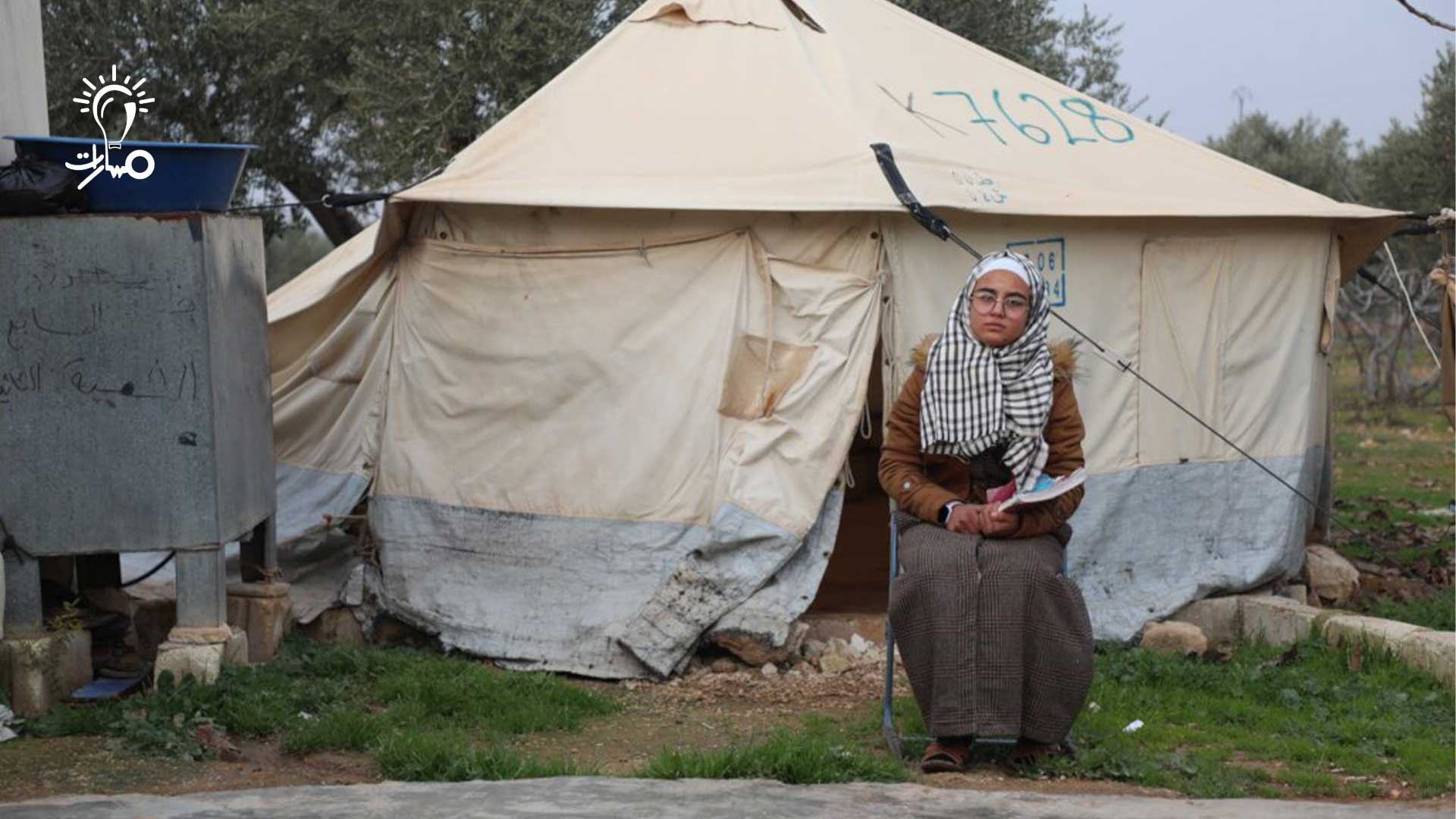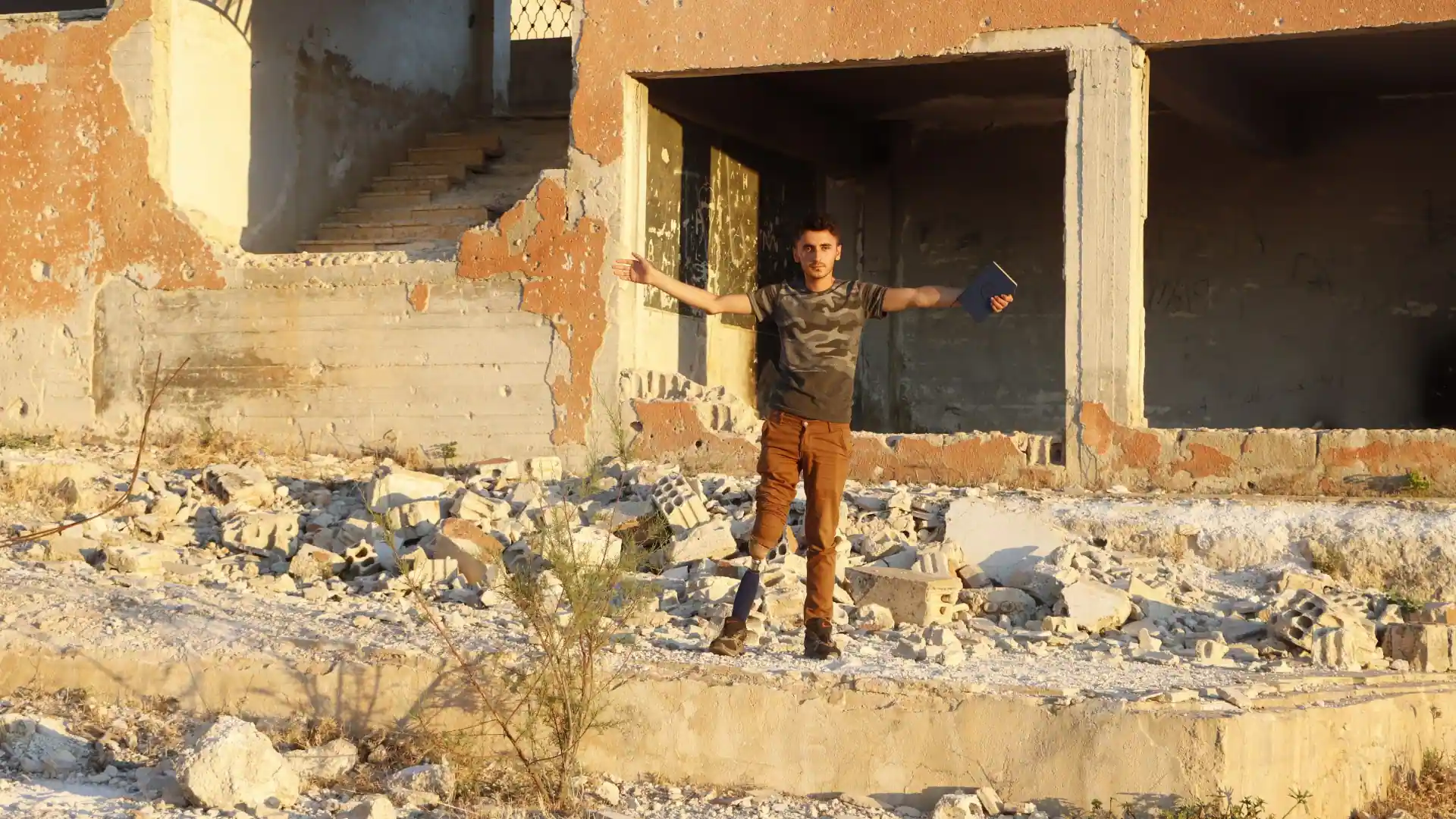The Arabic language originated pure and unblemished among its native speakers in the Arabian Peninsula, remaining so for many long eras, untouched by errors in speech or pronunciation.
The Arabs lived within their lands and deserts, fully content with their harsh living conditions, unenvious of the luxuries found in neighboring Persian and Roman territories, though they occasionally engaged with these cultures out of necessity or for trade.
Arabs took pride in their eloquence and rhetoric, with pre-Islamic odes (Mu’allaqat) representing the pinnacle of literary achievement and the finest poetry produced by the Arab intellect before Islam.
The Role of Islam in Rejecting Errors in the Arabic Language
The advent of Islam shone a light on the Arabian Peninsula, drawing people to the faith in droves and leading to conquests that dismantled the greatest empires of the ancient world. This led to a mixing of races and the introduction of non-Arab elements into Islam.
Ibn Khaldun commented on this, noting that when Arabs left the Hijaz to seek the kingdoms held by other nations and mingled with non-Arabs, their pure linguistic ability was affected by the variations they heard from Arabized non-Arabs, as hearing is the foundation of linguistic skills. This mixture threatened to corrupt their linguistic ability due to habitual listening, prompting scholars to fear for the preservation of this ability, potentially making the Quran and Hadith incomprehensible, and leading to widespread errors in Arabic.
To address this, they derived consistent linguistic rules akin to universal principles and rules, applying them to all speech forms and associating similarities with similarities, like nominative subjects and accusative objects. They noticed that changing the movements of these words altered their meanings, coining the term ‘I’rab’ (syntax) for this phenomenon.
They termed the cause of these changes an ‘agent’ and confined these terms to writing, creating a specialized craft for themselves known as the science of grammar.
Was Error Common in Arabic?
In the face of that scenario and returning to the onset of melody in the initial Islamic period, melody began subtly from the days of Prophet Muhammad, peace be upon him. It is related that a man hummed in his presence, to which he remarked, “Guide your brother for he has strayed,” thereby equating melody with misguidance. Al-Suyuti reported that the Prophet, peace be upon him, stated, “I belong to Quraysh and was raised among the Bani Saad, how then could I falter in pronunciation?” This signifies that melody was an ancient phenomenon, albeit not prevalent. Here is Abu Bakr al-Siddiq expressing, “To recite and drop [a word] is dearer to me than to recite and err in pronunciation.”
It is also conveyed about our master Umar, may Allah be pleased with him, that he came across individuals performing poorly in archery and chastised them. When they responded, “We are learners,” he turned away in anger and declared, “By Allah, your errors in speech are more severe to me than your errors in your archery.” He also recounted, “I heard the Messenger of Allah, peace be upon him, say: ‘May Allah have mercy on a man who corrects his speech.'”
Narrators recount that a letter was received by our master Umar from one of his officials, starting with “From Abu Musa al-Ash’ari.” Umar’s reaction was to instruct Abu Musa al-Ash’ari to punish and lash the scribe for his phonetic errors in the letter.
The Severity of Linguistic Errors in Reciting the Holy Quran
What’s even more alarming is the infiltration of incorrect pronunciation into the recitation of the Holy Quran. It is narrated that during the caliphate of our master Umar, an Arab came to Medina and asked, “Who will recite to me something that was revealed to Muhammad?” A man recited a surah to him with incorrect pronunciation, saying, “Indeed, Allah is free from the polytheists and His messenger” with a kasra (i.e., incorrect vowel) on the “lam” of the messenger. The Arab exclaimed, “If Allah is free from His messenger, then I dissociate myself from him.” This statement of the Arab reached the Caliph, who summoned him. The Arab explained his arrival in Medina and recounted the story, to which our master Umar replied, “It is not like this, O Arab!” The Arab asked, “Then how, O Commander of the Faithful?” Umar corrected, “Indeed, Allah is free from the polytheists and His messenger,” with a damma (correct vowel) on the “lam” of His messenger. The Arab then said, “And I dissociate from those whom Allah and His messenger have dissociated from.”
From that time, Umar ordered that the Quran should only be taught by those knowledgeable in Arabic. The famous saying attributed to our master Umar goes, “Learn Arabic for it strengthens the mind, increases nobility, and their concern with avoiding incorrect pronunciation in Arabic language signifies its importance at that time.”
It is also narrated that Umar passed by two men competing in archery. One of them said to the other, “You hit it,” but he mispronounced the word, leading Umar to comment, “Incorrect pronunciation is worse than a bad shot,” as the man substituted “sad” (ص) with “seen” (س). Al-Jahiz tells us that the first mispronunciation heard in the desert was someone saying “this is my stick” with a mistake in pronunciation.
Based on what we’ve mentioned and by reviewing some instances of incorrect pronunciation in early Islam, we find the Arabs’ disdain for it. This was clear during the Prophet Muhammad’s time, peace be upon him, and the rightly guided Caliphs, as the phenomenon of mispronunciation is something that could not be overlooked or tolerated.
With the expansion of conquests, the prevalence of mispronunciation expanded, which will be discussed in the following article, If Allah willing.
Author: Abdul Mon’em Al-Abdo, Arabic Language Teacher at Masarat Initiative
